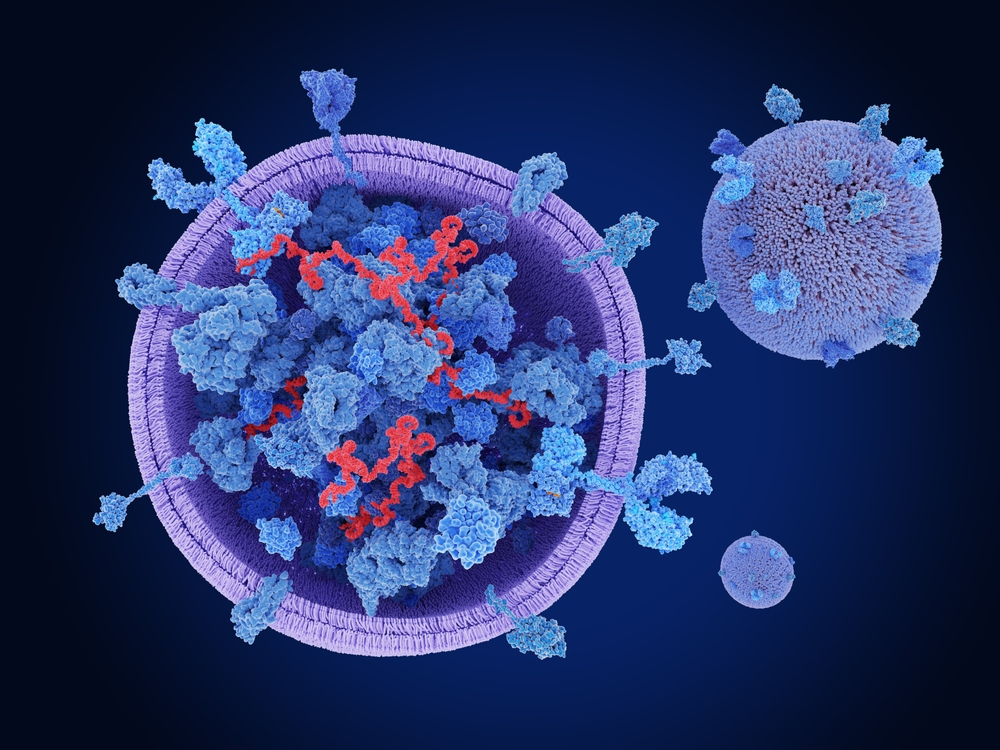Hair loss is a chronic issue that affects both men and women. It can take a massive toll on you. Hair loss often starts with a handful of strands on the bed and your hairbrush and quickly progresses to hair everywhere before you realize it. Nearly 50% of women and more than 80% of men start losing a large amount of hair before entering their forties.
However, recent hair regrowth treatments have advanced significantly beyond sticky wigs, hair patches, or covering up the scalp beneath a hat. Additionally, statistics reveal that 12.42 million Americans underwent hair regrowth treatments in 2020. This figure is promisingly expected to rise to 12.94 million by 2024.
In this blog, we will dig deep into top-notch hair restoration treatments and how they give a striking contrast to hair transplants.
Top-Rated Hair Regrowth Treatments
Effective hair regrowth treatments help you eliminate hair loss or slow it down. Hair may recover without therapy in some cases, such as patchy or uneven hair loss due to alopecia areata. Medicine and surgeries are both options for addressing hair loss.
The following are the most popular hair regrowth treatments:
1. Medication
If your hair loss is due to a chronic disease, you must be medicated for that disease.
The most popular choices as medicinal hair regrowth treatments are:
- Minoxidil (Rogaine)
Minoxidil is often offered without a prescription and is available in fluid, spray, shampoo, and other supplements. Many people consider that minoxidil-containing products help them regrow their hair, delay the frequency of hair loss, or even both. However, determining whether this hair regrowth treatment is effective could take a couple of extra months.
- Finasteride (Propecia)
This is a prescription medicine for men. You have to take a pill orally nearly every day. Many men who use finasteride notice a reduction in hair loss and natural hair growth. However, it might be less impactful in males over the age of 60.
2. Surgical Hair Transplant
Hair loss that only occurs on the crown of the head is a result of chronic hair loss. Hair transplantation, often known as restoration surgery, can enable you to have most of what hair you still have.
A dermatologist or cosmetic surgeon pulls hair strands from a hairy region of the head and transplants it to a flat bald spot during a hair transplant operation. This type of hair regrowth treatment can provide long-term results.
3. Laser Therapy
Shreds of evidence indicate that laser therapy may benefit the following criteria:
- Male-pattern baldness
- Alopecia areata hair loss
- Loss of hair due to chemotherapy
- The growth and recovery of hair after a hair transplant
Before you see results, you may require to undergo moderate laser therapy multiple times each week for a few months.
4. Platelets-Rich Plasma
A dermatologist will infuse the plasma into the areas of the scalp where you are thinning hair. This hair regrowth treatment is typically administered monthly for three months, with a follow-up session for three to six months.
See Also: Key Causes of Thinning Hair and How to Treat It
What Is Hair Regrowth or Restoration?
Hair restoration is the process of preventing hair loss and restoring your hair density. Hair restoration or regrowth includes all services and techniques available in the market to restore hair or make it denser. These include hair transplant, platelet-rich plasma (PRP) injections, micro scalp pigmentation, robotic hair transplant, and the use of prescription medications and supplements. Hair restoration is typically used by those undergoing other hair regrowth treatments.
Hair Restoration vs. Hair Transplantation
Although the terms are frequently used interchangeably, there is a differentiation. Following are the key differences–
- Hair restoration is a broader scenario and comprises all the transplantation techniques. However, transplantation is a narrow component of the restoration.
- Restoration also includes a dedicated medicinal process usually taken in a home setting. However, transplantation is a surgical process performed by a derma surgeon.
- Hair growth treatments through restoration are less or not painful, while transplantation may require a sedation medicine to reduce discomfort.
- Restoration might be less or majorly invasive. On the flip side, transplantations are much more invasive.
See Also: How Can I Prevent Hair Loss?
What Causes Hair Loss?
Here are the most common causes of hair loss:
- Tight hairstyles that damage follicles
- Rapid weight loss
- Nutritional deficiency
- Heredity and genetic disorders
- Diseases like abnormal thyroid, alopecia areata, or autoimmune diseases.
- Stressful events and age factors
- Scalp infections
Treatment Options for Hair Care Treatment
You should consult the best hair restoration centers in Freehold, NJ, to streamline the process of hair growth and restoration. The treatment options range from medication to surgery and remedies to intensive hair root therapies. Other approaches can be hair Nutri-infusion and stem cell therapies. Seek guidance from the right hair restoration center before stepping ahead in the process.
Best Hair Restoration Center in Freehold, NJ – Your Dream Hair, Right Here!
Having healthy, bright, and beautiful hair is a never-ending struggle. The earlier you address your hair loss concerns, the sooner you will see results. Of all the hair regrowth treatments, make sure you choose an appropriate fit based on the above information.
Consult the hair restoration expert at New Jersey Hair Restoration Center today to get started on your path to a thicker head of hair!


